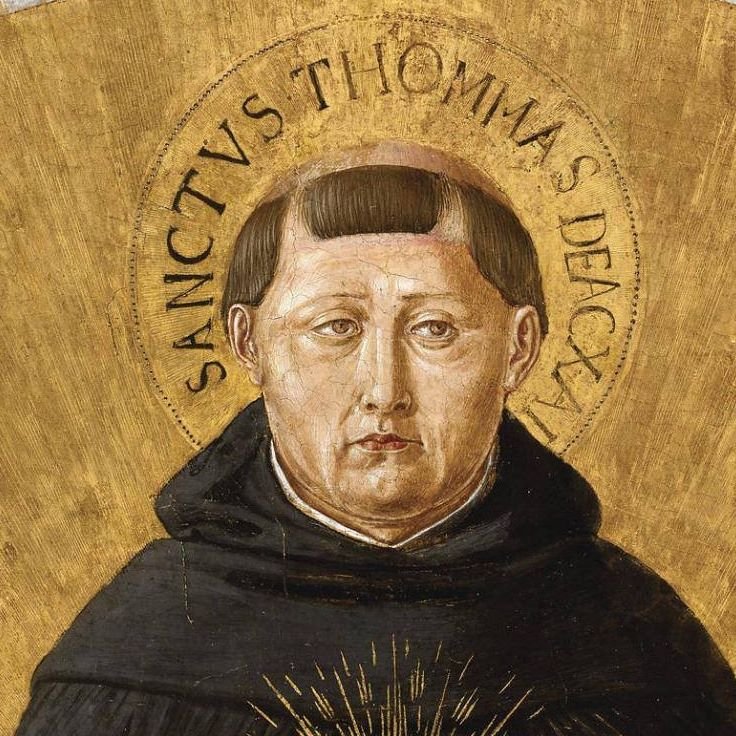Candlemas 2022
/A Candle Consumed in the Service of the Lord
On Wednesday evening, February 2nd, as darkness fell over the city of Minneapolis, the faithful gathered at St. Clement Church to receive blessed candles and allow the radiance of Christ’s Incarnation to shine forth. As the final feast of the Christmas cycle, Candlemas is an inexhaustible feast which gathers many of the themes of Christmas and presents them to us, that we may draw inspiration and encouragement. After the choir, the so-called Tenebrae Singers, finished their warm-ups and the ceremony crew had prepared the sanctuary, Fr. Spencer Howe, ‘09 UST alumnus, pastor of Holy Cross Parish (comprised of Holy Cross, St. Clement and St. Hedwig in NE Minneapolis) and co-founder of the Roccasecca Project, offered a welcome and brief liturgical catechesis.
The extended blessing of candles took place at the altar and the candles were distributed reverently to the faithful prior to their lighting and a procession around the church to recall the Christ Child’s being taken up to the temple by Our Lady and St. Joseph to present Him. Various biblical texts and reflections were chanted by the schola. Once the procession returned to the altar, preparations for Mass were made and vestments were changed from violet into white. In the traditional calendar of the Roman Rite, this feast focuses especially on Our Lady and the purification ritual she would have undertaken as part of the Lord’s presentation.
Fr. Paul Haverstock, UST Law alumnus ’09, presided at the Procession and the Holy Mass and offered a splendid reflection on the Feast, using a classic image from our tradition, one which often references Pope St. Paul VI, of a candle which gives forth light by spending itself in silent and sacrificial service. The Mass was enriched by the singing of Byrd’s Mass for Four Voices and some of Byrd’s Propers for the Feast in addition to the Gregorian chant settings. Special thanks are due to Dr. Sam Backman, director of Sacred Music at Holy Cross, who directed the choir and accompanied with the organ.
Following the Mass, we reconvened downstairs in the parish hall that was dimly lit and still decorated for Christmas. Many votive candles shimmered in this ‘final night’ of Christmastide.
In the parish hall, Bill LeMire, Roccasecca Board member introduced Prof. Collett and ended with a brief overview of the Roccasecca Project with comments and prayer by Fr. Howe. Click on photos to watch the videos.
We were honored to receive a presentation by University of St. Thomas law school professor Teresa Collett. The title of her talk was: Recognizing and Serving Christ in the Modern Catholic University. She opened her remarks by quoting 17th century philosopher Blaise Pascal who observed that “Truth is so obscure and falsehood so established that unless we love the truth, we cannot know it.” Professor Collett proposed that Pascal's observation is as true today (perhaps even more) as it was in the 17th century. She insisted that his observation may be the key to determining the path of every Catholic university, including the University of St. Thomas.
Professor Collett also invoked Pope St. John Paul II and his observation that “the purpose of a Catholic University is, first and foremost, to lead students to the truth. And the success or failure of that effort will in many ways determine the future of our society.”
Professor Collett said that when she left her previous secular, public university in Texas to join the faculty at St. Thomas, she naively believed that teaching in a Catholic university would make recognizing, knowing and serving Christ easier than in her Texas school. But just one semester at St. Thomas disabused her of that belief. She learned that most faculty and students at St. Thomas came to the school for largely secular reasons (good job, good pay, good scholarships) but not with the reason of wanting to know and love the truth, and serving and recognizing Christ in the university. This, she remarked, must change lest the large Catholic universities, including St. Thomas, drift further down a secular path, bearing almost no resemblance to an authentic Catholic University. Students must, she insisted, see in their faculty a bold confidence in the love and concern of God, and a willingness to emulate that concern in their interactions with students and faculty colleagues.
Professor Collett closed out her remarks by quoting Pope Emeritus Benedict XVI who observed that “Today it is a matter of great urgency to show a Christian model of life that offers a livable alternative to the increasingly vacuous entertainments of a leisure time society, a society forced to make increasing recourse to drugs because it is sated by the usual shabby pleasures. The Christian model of life must be manifested as a life in all of its fullness.” Prof. Collett said that a Catholic university can and must provide such a model through the lives of its faculty, staff and its students. In this way we can reverse the damage already done to our students and faculty by the false agnosticism that pervades so much of our American public life.
Professor Collett's beautiful presentation underscored the indispensability of a project like Roccasecca. A project that will engage St. Thomas, its students, faculty and alumni through the sacraments, intellectual formation and fraternal gatherings to charitably call the University of St. Thomas back to an authentic Catholic identity shorn of the secularism and modern ideologies which have caused the aforementioned damage. Roccasecca seeks to lead students, faculty, staff and alumni to the fullness of objective truth, a truth which is the only path to full human flourishing. And that truth is not some thing; it is someone: Jesus Christ.








